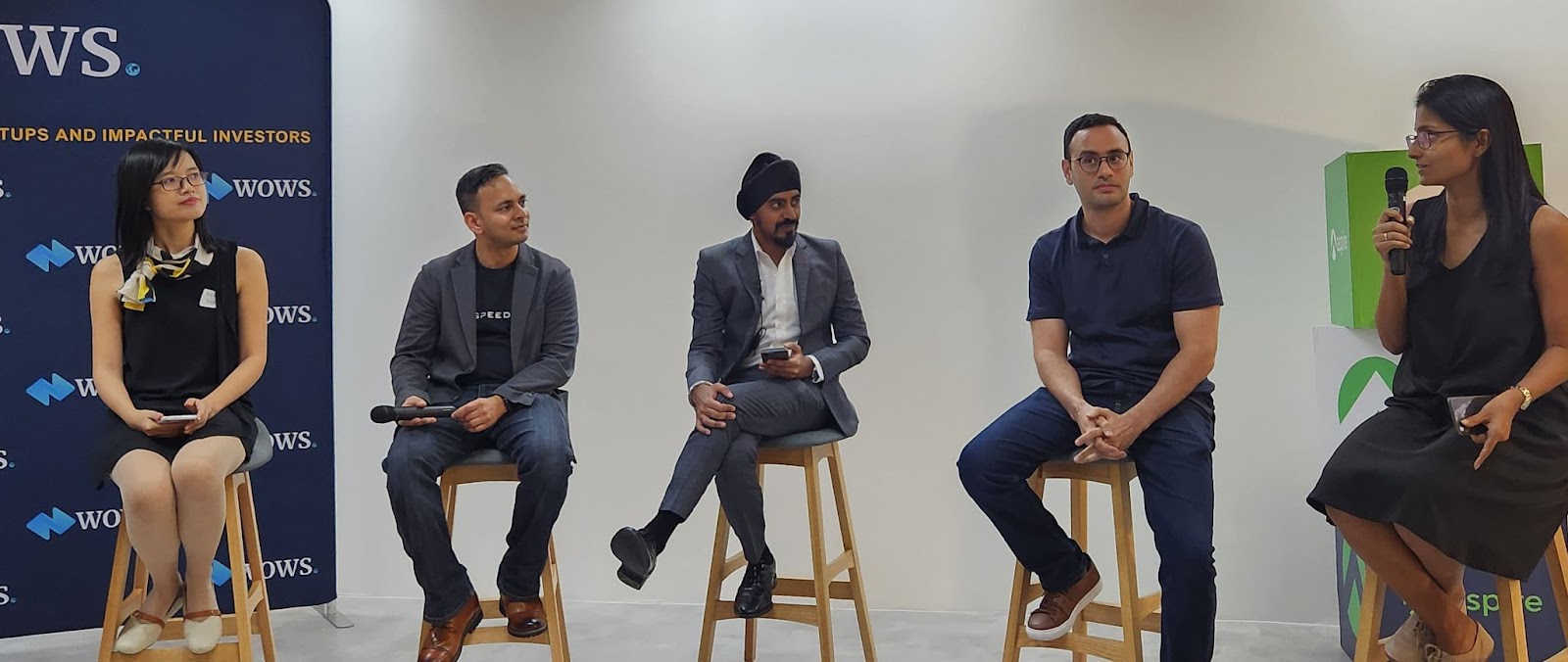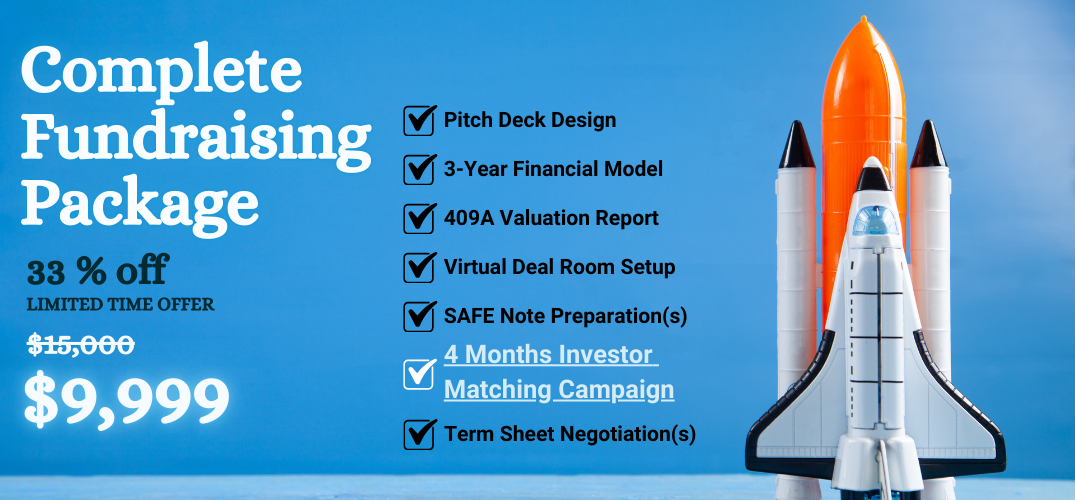Event Recap: Mastering Fundraising & Term Sheets—Strategies for Startup Growth
Fundraising Strategies Term Sheets Startup Growth 5 minutes

As the sun set over Singapore’s financial district on September 5th, the energy at Aspire's office buzzed with anticipation. Entrepreneurs and investors gathered for an evening of actionable insights on early-stage funding, hosted by WOWS Global in collaboration with Aspire. The event was packed with heavy-hitting speakers like Gagan Singh, Ruoyun Yang, and Visa Kannan, who broke down everything from valuation strategies to the art of navigating investor demands.
Opening Remarks: Setting the Stage
Aspire’s team opened the evening by emphasizing the vital role of strategic fundraising in Singapore’s growing startup ecosystem. The energy in the room was palpable—everyone was ready to dive into the complexities of term sheets and the dynamics between founders and investors.
Knowledge Session: Crafting a Winning Fundraising Strategy
WOWS Global's Gagan Singh took the stage to discuss crafting successful fundraising strategies in 2024, offering practical, experience-based advice. His insights were hard-hitting but relatable:
-
Self-evaluation is crucial—founders must brace themselves for the challenging journey ahead, both mentally and strategically.
-
Always be due diligence ready—preparation is key, as investors will dig deep into your business.
-
Define your moat—clearly articulating what sets your company apart can make a huge difference when attracting investors.
-
Explore alternative financing sources—don't rely solely on traditional VC routes; hybrid forms of financing are gaining traction.
-
Be ready for tough negotiations—Singh warned founders to be mindful of investor terms like Participative Liquidation Preference, Full Ratchet Anti-Dilution Rights, extreme Pre-emption Rights, Redemption Rights with high multiples, and an overload of reserved matters requiring Board approval.
Singh also shared a humorous story about navigating boardroom battles, underscoring the balance founders must maintain between capital needs and investor demands.
Panel Session: Term Sheets Unpacked
Moderated by Tharin Sethi, the panel took a deep dive into term sheet negotiations, focusing on finding a fair middle ground between founder control and investor protections. Ruoyun Yang provided tips on how to safeguard financial autonomy without compromising the company’s future, while Dr. Shravan Verma emphasized that even conservative industries like healthcare need well-managed term sheets to thrive.
Visa Kannan of Saison Capital nailed it when she pointed out that, for investors, protective clauses are often driven by the need to answer to their Limited Partners (LPs), but these shouldn’t stifle the founder’s creativity or motivation.
Key Insights on Investor Protection vs. Founder Control
The conversation turned to the classic tug-of-war: How much control should founders give up? Ali Darwish, from Monk's Hill Ventures, dropped a gem, likening the term sheet to “the handshake before the wedding. If you get it wrong, prepare for a rocky marriage.” Founders took notes as panelists explained how too many investor protections early on could kill a startup's momentum. Shravan Verma warned founders not to be lured by inflated valuations they can't live up to, while Visa and Ali agreed that staying motivated was key for founders—and that motivation dries up when founders give away too much too soon.
Real Talk: Q&A with the Audience

The Q&A was where things got real. Founders at various stages of their journey posed hard-hitting questions about aggressive investors and valuation disagreements. The panel responded with candid, experience-driven advice. One major takeaway? Communication is critical—whether you're hashing out exit clauses or negotiating board seats, keeping conversations open ensures both sides stay aligned.
The Exit Clause Dilemma
Exit clauses sparked plenty of discussion. Investors want to protect their returns, but founders fear being forced into an early exit that doesn’t fit their long-term vision. The panel recommended creating different share classes to maintain control and delaying board seats to later rounds. Ali Darwish reiterated that VCs must not just invest, but also nurture companies through challenging growth phases.
Networking: Where the Real Magic Happens

As the formal sessions wound down, the energy shifted into full networking mode. Refreshments flowed, business cards were exchanged, and connections were formed. The vibe? Electric. One founder nailed it, saying, “I came for the content but stayed for the contacts.” It wasn’t just the structured sessions that made the event; it was the conversations during the breaks that forged real opportunities.
Why You Shouldn’t Miss the Next One
WOWS Global events are more than just a chance to learn—they’re a chance to connect, grow, and get real about the challenges of scaling a startup. With expert insights, actionable advice, and the sheer power of networking, these events offer a direct path to success in the ever-competitive startup world. Whether you’re an early-stage founder or eyeing a Series A raise, the next event promises to be just as impactful.
Stay tuned—WOWS Global is where the future of Southeast Asia’s startups is being written. And trust us, you don’t want to miss your seat at the table.

